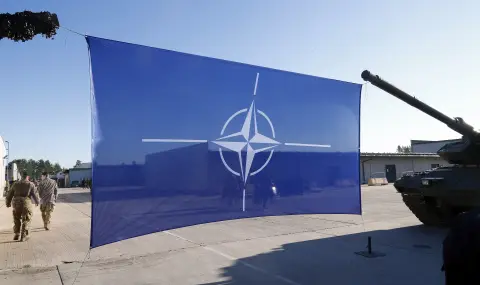Admiral Rob Bauer, chairman of NATO's Military Committee, said that despite the increase in the size of the Russian army since the start of the war in Ukraine, its quality has dropped significantly. According to him, Russia does not pose the same threat as it did in February 2022, which gives the West "some time to prepare". This is reported by Reuters, quoted by Focus.
Increased readiness and wartime scenarios
Bauer stressed that this period of relatively reduced threat should be used to increase defense investment. He also warned corporations to prepare for a "wartime scenario" by adapting their production and distribution chains to avoid vulnerabilities to blackmail from countries like Russia and China.
An example of such vulnerabilities is Europe's dependence on Russian gas in the early months of the war. Bauer recalled that contracts with Russian companies like "Gazprom" are effectively controlled by the Russian leadership.
Strategic dependencies on China
Bauer also highlighted the West's significant dependencies on China, especially in the extraction and processing of rare earth minerals (where China has 60% of extraction and 90% of processing) and in the production of chemical ingredients for medicines.
“We are naive if we think that the Communist Party will not use this power,“ he said, urging business leaders in Europe and America to consider the strategic implications of their trade decisions.
Preemptive strikes and a changed NATO strategy
The admiral revealed that NATO is discussing the possibility of preemptive strikes on Russian territory in the event of a future conflict. According to him, the Alliance should not wait for a Russian strike, but be ready to neutralize potential threats with precision strikes:
“It is not appropriate to wait for the Russians to strike first. We must strike the launchers if they attack us,“ Bauer said.
He noted that NATO has evolved from a defensive alliance into a structure that adopts a proactive strategy to ensure the security of its members.
Bauer's statements emphasize the need for long-term preparation and coordination in the defense and economic policies of Western countries. Despite the relative weakening of the Russian military, the West must remain vigilant and reduce its dependence on strategically vulnerable supply chains.
